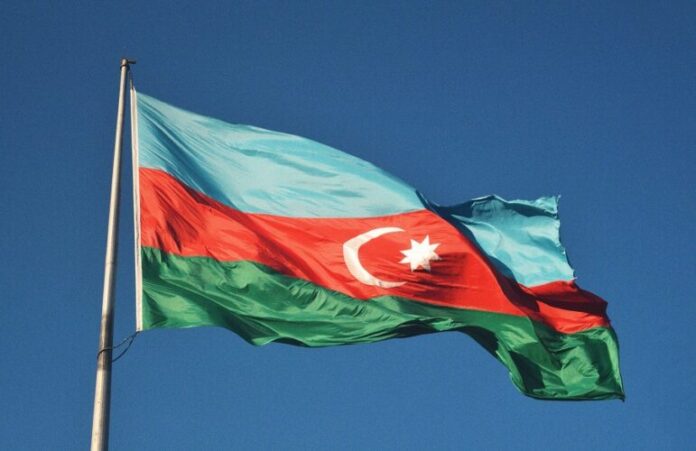The ICRC carried out a wide range of initiatives in 2022 to assist persons who live in Azerbaijan’s conflict-affected communities. Many initiatives that provided better access to water, electricity, excellent education, health care, and livelihood aid helped thousands of individuals, an ICRC report claims.
Through a variety of initiatives, ICRC workers reached out to more than 9,000 individuals to raise awareness of the risk of landmines and unexploded ordinances and to advise them on safer behavior in contaminated areas. The Azerbaijan National Mine Action Agency received a donation of around 1,500 mine warning signs to aid in the marking of mined areas.
Close cooperation with the necessary authorities was in place to support their attempts to shed light on the fate of those who went missing in connection with the conflict. To aid in the identification of human remains, biological reference samples were obtained from 523 families of people who went missing in the 1990s. To further advance their capacity and understanding, a number of trainings were held for local professionals involved in the identification and clarifying tasks.
Teams on the ground carried out initiatives that supported the livelihoods of thousands of people living in communities devastated by war by providing them with access to clean water, electricity, and high-quality education.
More than 1,270 officers and cadets benefited from IHL-related trainings last year, and dialogue with the relevant authorities to promote IHL continues. Additionally, cooperation with the Azerbaijan Red Crescent Society, a partner in our Movement, continued (AzRCS). A series of trainings were held for AzRCS volunteers who work in areas affected by armed conflict in order to hone their abilities to help persons in need.
The major numbers from our operations in 2022 are listed here.
Sessions on risk awareness and safer behavior helped 9,675 people from 50 conflict-affected communities become more resilient to mine dangers and weapon contamination.
In 15 areas devastated by war, 8,575 individuals now have better access to water.
3,316 households from 24 communities impacted by war benefited from a range of aid initiatives meant to raise their standard of living.
The renovation of schools, kindergartens, and sanitary facilities benefited 1,895 pupils who attended schools and kindergartens in 12 conflict-affected areas.
The Ministry of Defense trained 1,270 officers and cadets in international humanitarian law (IHL).
To aid in the identification of human remains in the future, 1,202 biological reference samples were gathered from 523 relatives of the missing from the conflict of the 1990s.



